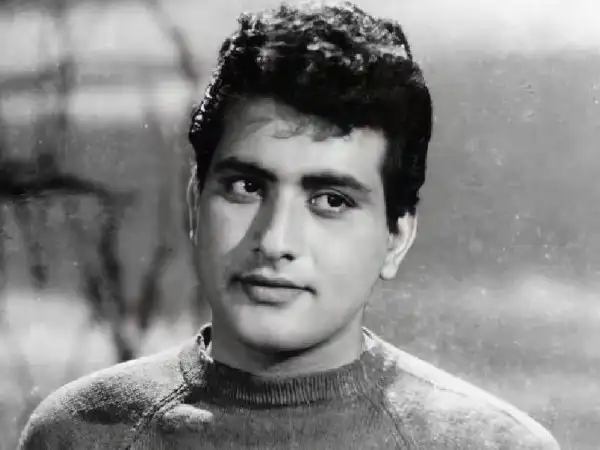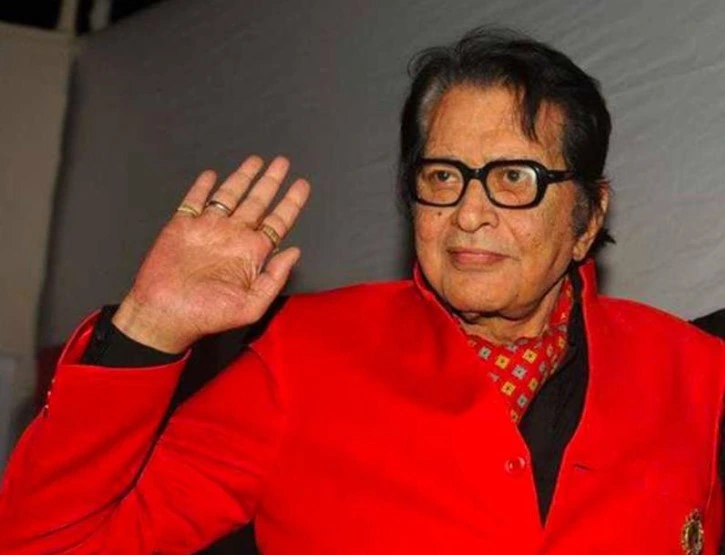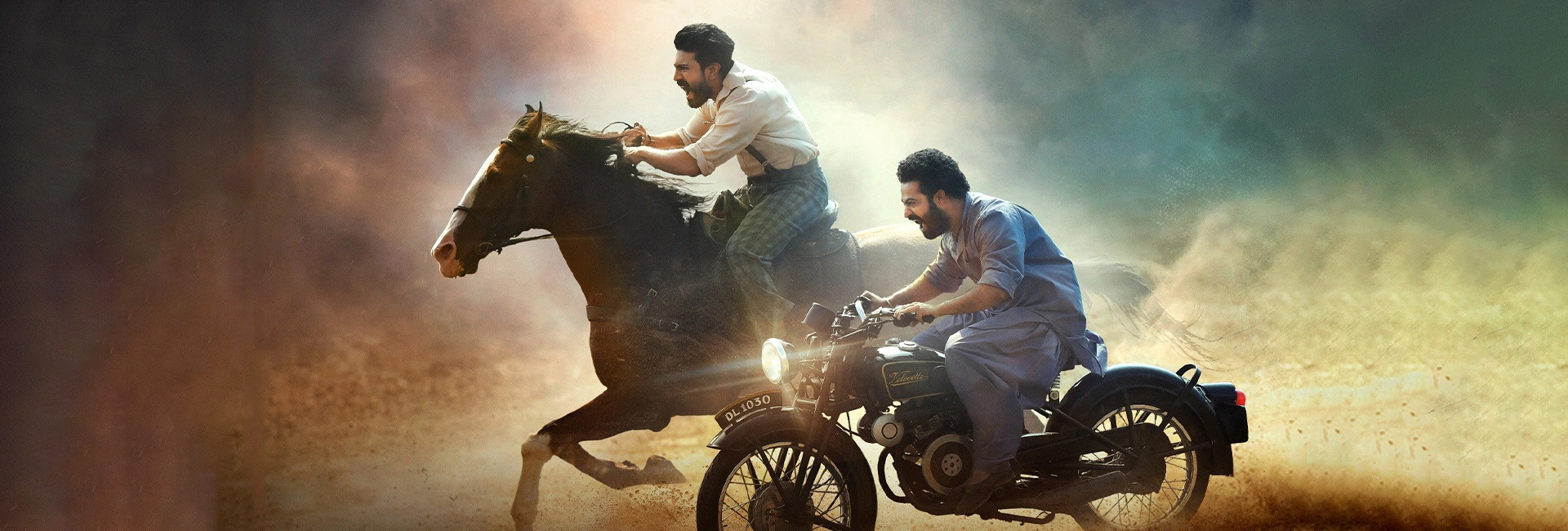(April 5, 2025) With the final curtain falling on the life of Manoj Kumar, India lost not just a film legend, but a storyteller who awakened patriotism in millions in India and stirred a deep love for the homeland among those who had journeyed to foreign shores during the 1960s and ’70s, an era when phone calls were rare and letters took weeks to arrive.
Dubbed Bharat Kumar for his stirring portrayals of patriotic protagonists, he was a cinematic mirror to post-independence India’s soul. And for Indians living abroad, his films offered more than entertainment. They were emotional touchstones, cultural lifelines to a homeland in transition.
Wherever films like Upkar or Purab Aur Paschim were screened, Manoj Kumar wasn’t just an actor, he was a symbol of the motherland. His characters were always idealistic and unshakably patriotic. For the Indian diaspora navigating cultural dualities in Kenya, Fiji, the UK, or Canada, his voice, his films, and his steadfast belief in the Indian spirit offered not just nostalgia, but purpose. Long before the world spoke of ‘Brand India,’ Manoj Kumar as an actor, director, screenwriter, lyricist and film editor had already defined its emotional identity, one rooted in sacrifice, pride, and cultural dignity.

Manoj Kumar
Few moments in Indian cinema capture patriotic sentiment as powerfully as this song from Upkar (1967), a film Manoj Kumar wrote, directed, and starred in:
“Mere desh ki dharti sona ugale, ugale heere moti…”
(The soil of my country yields gold, diamonds, and pearls…)
Though the lyrics were written by Gulshan Bawra, it was Kumar’s creative vision that turned it into a cinematic anthem. The song became a stirring tribute to the Indian farmer and soldier, resonating deeply with audiences across the country. Whether in packed cinema halls in small-town India or among families watching from afar, it evoked a quiet pride, reminding people of the dignity of their roots and the beauty of their land.
The origins of the nationalist star
Born as Harikrishna Giri Goswami in Abbottabad in 1937 (in present-day Pakistan), Manoj Kumar’s life began in a land that soon wouldn’t be part of India. After the Partition, his family was uprooted and moved to Delhi. It was displacement that would leave deep emotional imprints on his worldview.
The boy who had once idolized Dilip Kumar took on the screen name “Manoj Kumar” and entered the film industry in the late 1950s. His initial roles were romantic leads, but it was the 1967 film Upkar, his directorial debut that transformed him into something much more: the face of cinematic patriotism.
Patriotism with heart
Upkar, inspired by Prime Minister Lal Bahadur Shastri’s slogan “Jai Jawan, Jai Kisan,” cast Kumar as a farmer who selflessly joins the army. It wasn’t just a film, it was a feeling. The storyteller redefined the Bollywood hero, not as a rebel or a lover, but as a son of the soil. Kumar’s message was simple but stirring: love your country, honour its soil, and give back more than you take. The film struck a chord with all Indians, earning his lifelong moniker, Bharat Kumar.
He won the first national award as a scriptwriter for Shaheed in 1965, a biographical sketch of the life of the prominent Indian freedom fighter, Bhagat Singh.
I donated the entire amount I got for my National Award for Shaheed Bhagat Singh’s family.
Manoj Kumar
Purab Aur Paschim: The cultural dialogue abroad
If Upkar was a patriotic call from within India, Purab Aur Paschim (1970) was a message for Indians abroad. The film follows Bharat (his character’s name) as he travels to London and encounters fellow Indians who have shed their traditions for western habits. Kumar, as both director and lead, used this narrative to explore a question the diaspora was grappling with: Can you be modern without abandoning your heritage?
In one of the film’s most memorable moments, Bharat proudly sings:
“Bharat ka rehne wala hoon, Bharat ki baat sunaata hoon…”
(I am from India, and I speak of India…)
The line was both assertion and reassurance for NRIs. It was a call to retain pride in their origins, and for Indian parents abroad, it was the kind of film they showed their children as moral instruction.
In a pre-globalization era, where Bollywood films were screened at weekend community gatherings in East Africa, the UK and other parts of the world, Purab Aur Paschim became more than a movie, it was an emotional reckoning for those abroad. It validated their longing for India, and reminded them of values they feared losing.
More than just patriotic drama
While patriotism was his signature, Manoj Kumar’s films also tackled social issues with surprising depth. In Roti Kapda Aur Makaan (1974), he explored the existential challenges of unemployment and dignity. He portrayed the role of a deeply empathetic man, who understood that love for one’s country could not be separated from its people’s suffering.
In Kranti (1981), his final major success, Kumar delivered a sweeping historical epic that rekindled the freedom struggle for a new generation. For those born after 1947, especially abroad, it served as a crash course in Indian sacrifice and resilience.
Legacy without vanity
Unlike many of his contemporaries, Manoj Kumar never chased glamour. He remained modest, even reclusive, in later years. Battling health issues and fading from the spotlight, he never courted publicity. His work spoke for itself and continued to do so until last breath.
In 1992, the Government of India awarded him the Padma Shri, and in 2016, he was honoured with the Dadasaheb Phalke Award for lifetime contribution to Indian cinema. Both honours felt overdue for a man who had given generations of Indians, at home and abroad, a reason to believe in the nation’s promise.

Manoj Kumar
Creating pride in the Indian spirit
Although Manoj Kumar never walked the Cannes red carpet or signed a Hollywood deal, few artists have traveled the emotional geography of nationalism quite like him.
For Indians at home, his films stirred a quiet pride. And for the diaspora, he offered something just as vital — a cultural compass. Through him, they could embrace modernity without guilt, love their adopted homes without forgetting their roots.
His legacy reminds us that the idea of “India” isn’t just geographic. it’s emotional.
Manoj Kumar’s most thought provoking films:
- Shaheed (1965) – One of the most acclaimed portrayals of freedom fighter Bhagat Singh
- Upkar (1967) – A selfless farmer turns soldier; the genesis of the patriotic Bollywood genre
- Purab Aur Paschim (1970) – A cultural confrontation between Indian tradition and western modernity
- Roti Kapda Aur Makaan (1974) – A searing social drama about unemployment and dignity
- Kranti (1981) – A historical epic revisiting India’s fight for freedom




